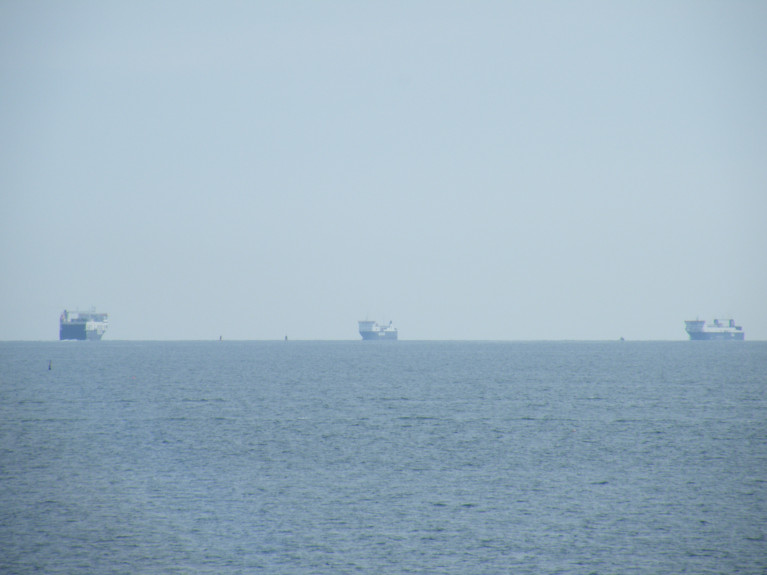Displaying items by tag: Brace for 2022
Post-Brexit Trade See Freight Companies Braced for More Uncertainty in 2022
Freight distribution and logistics sectors has faced unprecedented upheaval in 2021, as a consequence of adopting to the post-Brexit trading environment, dealing with the Covid pandemic, global supply chain issues, rising fuel costs, and an ongoing skills shortage.
These issues as the Irish Examiner reports, are testing the sector's flexibility and ability to change. It gives credence to the quote from the world-renowned management consultant Peter Drucker who said: “the greatest danger in times of turbulence is not the turbulence, it is to act with yesterday’s logic”.
The recent announcement of the resignation of the UK Brexit Minister David Frost compounds the uncertainty for traders looking to 2022 for a steadying of the paradigm shift in the supply chain.
The full and meaningful implementation of the Trade and Co-operation Agreement (TCA), signed by the UK and the EU 12 months ago, is reliant on trust and strong political relations between the two parties. This has been tested to the extreme as the Northern Ireland Protocol has acted as the catalyst to distract all from concurrently looking to implement trade easements as mandated under the TCA.
More reading from this link.
























































